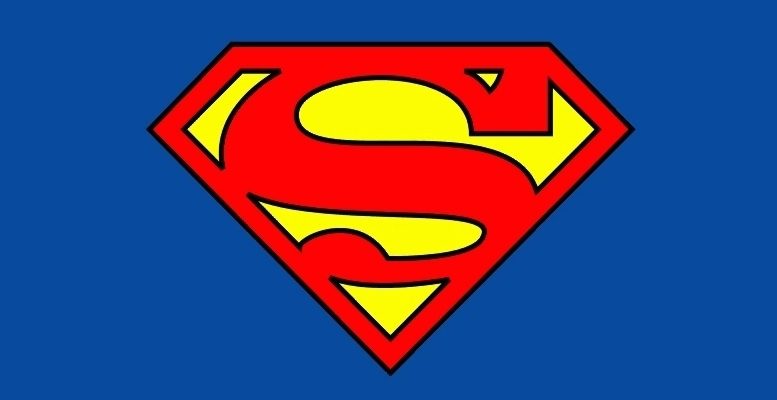On April 7, 2022, the Opposition Board of the Japan Patent Office (JPO) dismissed a trademark opposition filed by Warner Bros against TM Reg no. 6375288 for the wordmark “SUPER M.E.N.” and found the mark is dissimilar to “Superman.”[Opposition case no. 2021-900257]
“SUPER M.E.N.”
Opposed mark, consisting of the word “SUPER M.E.N.” written in alphabets and Japanese Katakana character (see below) was applied with the JPO on February 7, 2020, for use on various goods in classes 5,9,10,25,28 and services in classes 35, 45 (TM App no. 2020-14074) by Dr. Nakamatsu, a famous Japanese inventor.
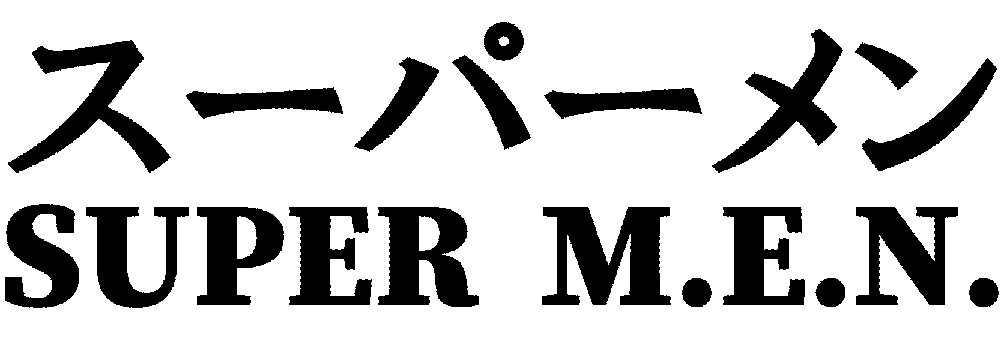
The JPO granted protection on March 29, 2021, and published for opposition on April 27, 2021.
Dr. Nakamatsu promotes unique face shields bearing the SUPER M.E.N. mark to help prevent the spread of COVID-19. According to the article, “M.E.N.” could mean ‘mouth, eye, and nose’ and ‘face mask; festival mask’ (The term “omen” is the exact word to mean it in Japanese).
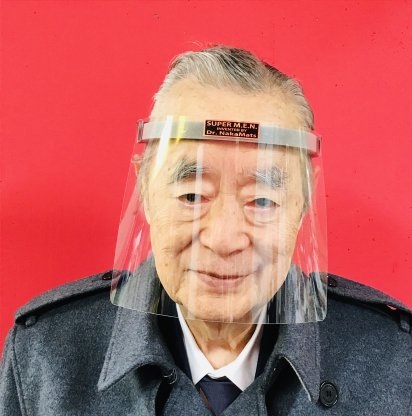
Opposition by Warner Bros
Opponent, Warner Bros. Entertainment Inc. claimed the opposed mark “SUPER M.E.N.” shall be canceled in contravention of Article 4(1)(xi) of the Japan Trademark Law by citing earlier trademark registrations for a fictional superhero “Superman” in relation to visor caps; cap peaks of class 25 and toy masks; carnival masks; costume masks; theatrical masks of class 28.
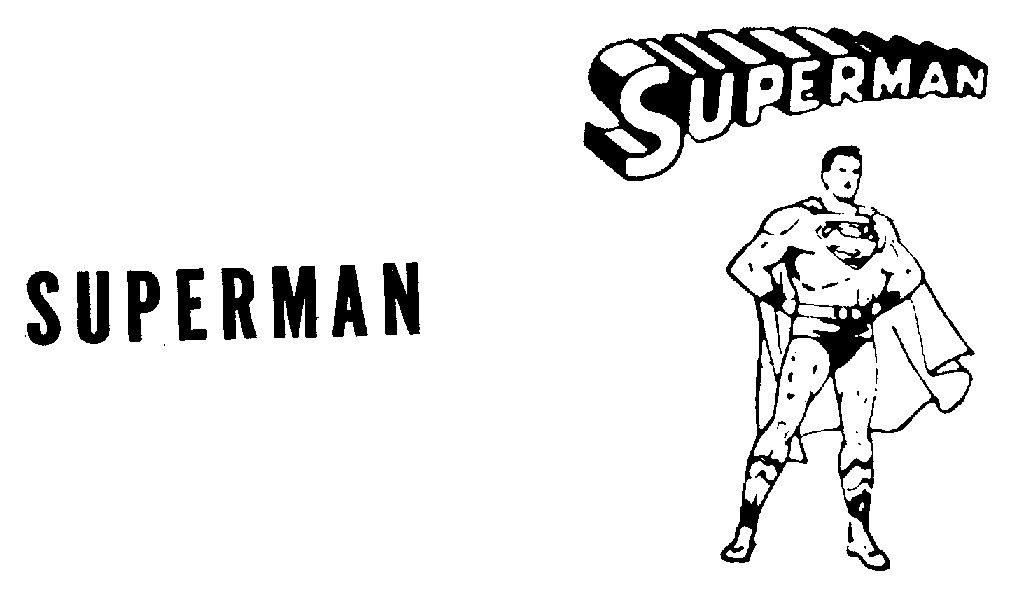
Article 4(1)(xi) is a provision to prohibit registering a junior mark that is identical with, or similar to, any senior registered mark.
There is the criterion that the examiner is checking when assessing the similarity between the marks:
- visual similarity
- aural similarity
- conceptual similarity
and taking into account all these three aspects, the examiner would decide if a mark is similar (at least to some extent) to the earlier mark and if there is a likelihood of confusion for the consumers.
Warner Bros argued that the opposed mark gives rise to a meaning of ‘multiple SUPERMAN’ from its configuration. Besides, in view of resembled appearance and pronunciation between the marks, relevant consumers of the goods in question are likely to associate the opposed mark with the superhero “SUPERMAN” and confuse the source of origin of these goods.
JPO decision
The JPO Opposition Board found the opposed mark is pronounced as “super-men”, however, it does not give rise to any specific meaning at all.
By virtue of the difference between the letters “E” and “A” and the katakana character, both marks can be sufficiently distinguishable by appearance.
In phonetical comparison between “super-man” and “super-men”, relevant consumers would be unlikely to confuse each sound when pronounced in view of a few phonetic compositions of four sounds in total and distinction in the sound of “ma” and “me”.
There is no doubt both marks are dissimilar in concept because the opposed mark does not give rise to any meaning similar to ‘a fictional superhero’.
Based on the above findings, the Board held that “SUPER M.E.N.” and “SUPERMAN” are obviously dissimilar from visual, phonetic, and conceptual points of view.
In a conclusion, the JPO dismissed the entire allegations of Warner Bros and allowed registration of the opposed mark.
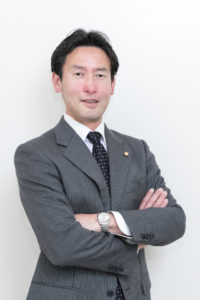
Masaki MIKAMI, Attorney at IP LAW – Founder of MARKS IP LAW FIRM

